8 Things You Should Not Do in the Bathroom
High humidity and temperature fluctuations in the bathroom determine the requirements for finishing materials and renovation methods. Simple rules will help you avoid moisture, mold, and mildew after the renovation is complete.
The main thing to consider when arranging a bathroom is waterproofing and the ability of materials to withstand high humidity. Take into account everything – from ceiling and floor coverings to sealant and grout for tiles.
Gypsum Board Ceiling
Gypsum board easily hides all unevennesses and is easy to install. However, this material does not have moisture resistance, so it won't last long. A good alternative is a suspended ceiling: it is not afraid of humidity and can even withstand flooding from neighbors above. A small amount of water will simply evaporate, and in case of a severe "flood," a bubble will form that a master can easily release. No renovation update will be required in this case.
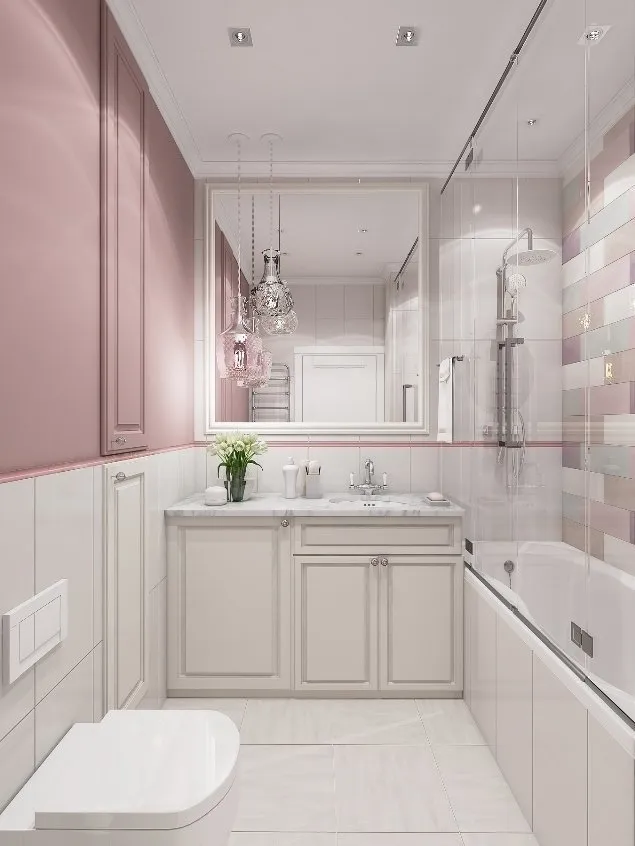
Design: Insomnia.
Floor Without Waterproofing
If you are doing a major renovation, don't forget to waterproof the floor. This will not only protect you from flooding neighbors and extend the life of the renovation but also reduce the risk of mold and mildew formation. For those living on the first floor, waterproofing is especially relevant – it will help protect the room from moisture penetration from the street and overcooling, especially if one of the bathroom walls is external.
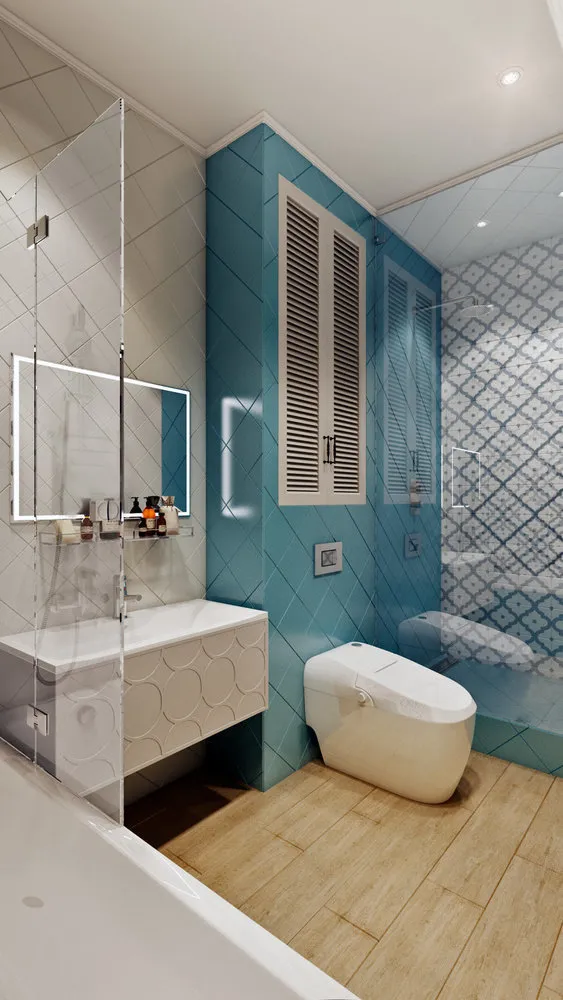
Design: Co:Interior.
Slippery Floor
A bathroom is a wet zone, so water will constantly splash onto the floor. Because of this, some smooth surfaces – for example, ceramic granite or glossy tiles – can become slippery. To avoid falls and injuries, it's better to choose semi-polished or lap polished tiles and ceramic granite.
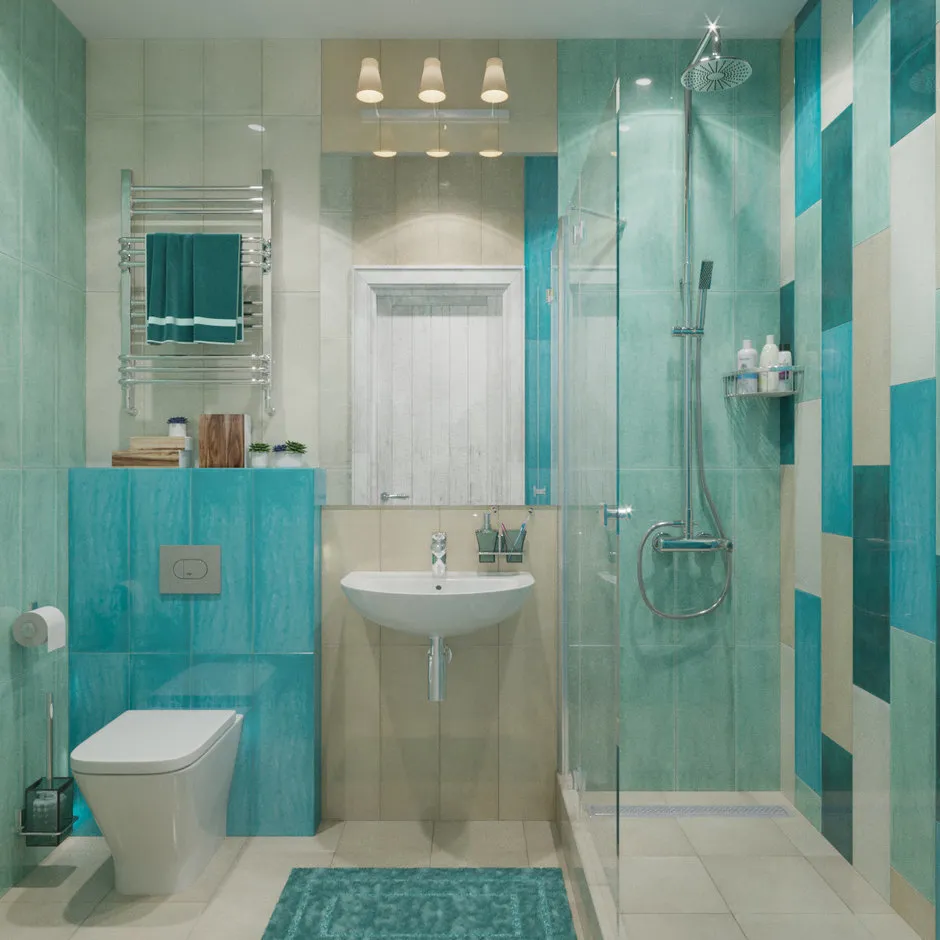
Design: Studio 3.14.
Removing the Towel Rack
Old towel racks usually don't look very good, so sometimes people get rid of them during renovation. However, without one, the bathroom becomes colder, and moisture can accumulate in corners, leading to mold growth. It's better to simply replace the towel rack with a modern model made of stainless steel or bronze imitation, choose a different shape and style.
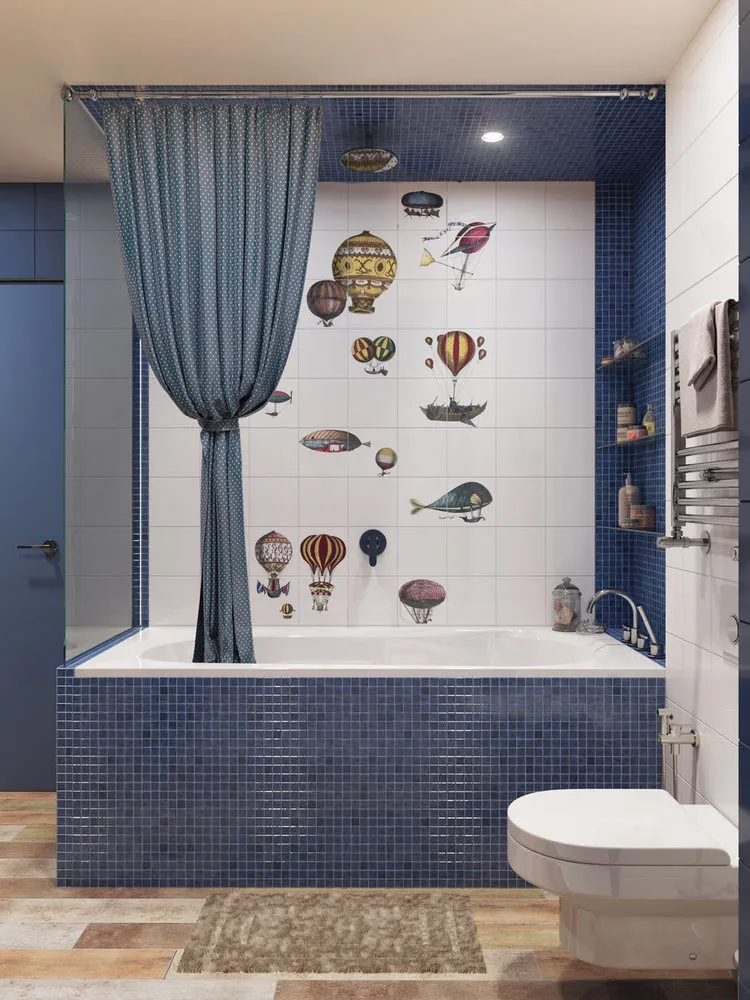
Design: Alena Gorskaya.
Plastic Corner Guards and Skirtings
No matter how straight the walls are, there is always a small gap between the tiles and the bathtub. Also, tile joints at corners need to be covered somehow. Sometimes plastic corner guards and skirtings are used for this purpose. They don't look perfect, and they quickly wear out and leak water. Ceresit CS 25 silicone grout-sealant will handle this task much more effectively and won't lose its appearance.
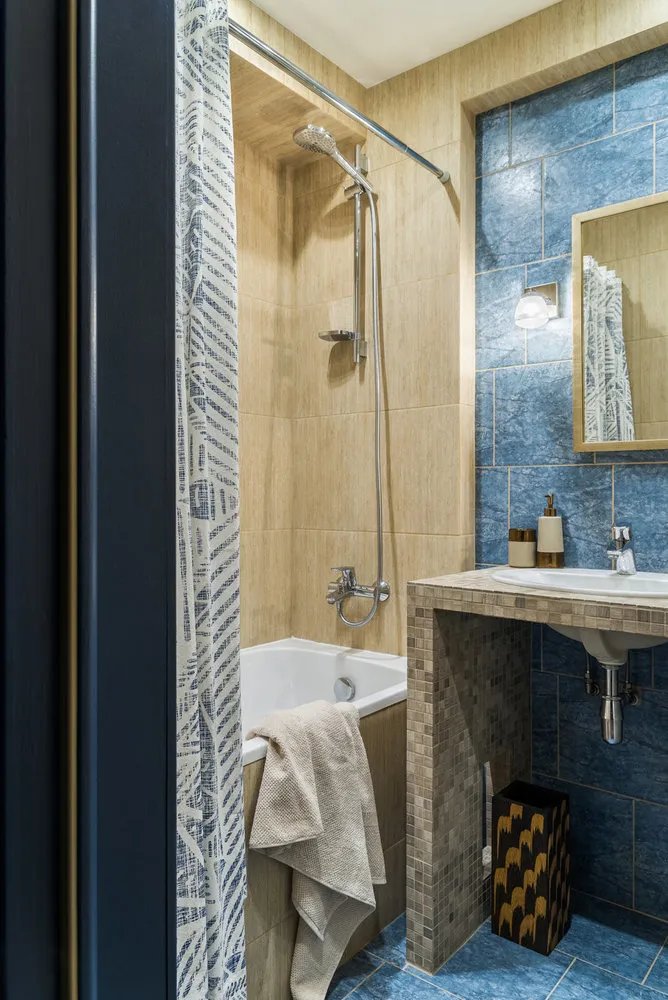
Design: Maria Solovyova-Sosnovik.
Blocking Access to Pipes
In pursuit of aesthetics, unsightly plumbing pipes are sometimes embedded in walls. However, any malfunction or leak will result in huge costs. Part of the wall will have to be removed and the bathroom finishing restored after plumbing repairs. The solution is special boxes with doors for access to vents and meters. They can be covered with tiles on the outside to make them invisible in the bathroom interior.
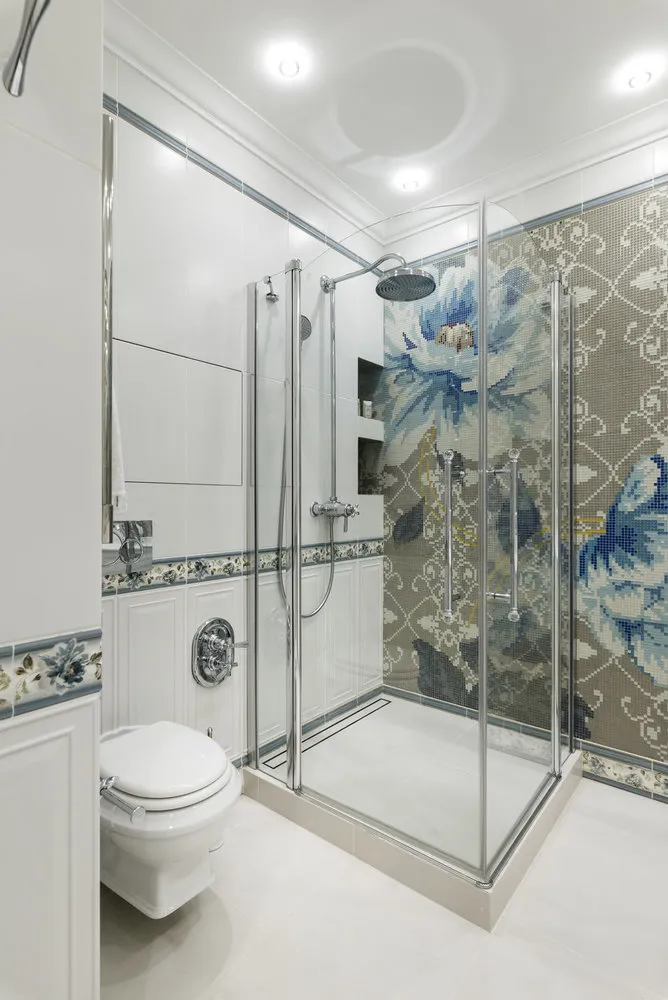
Design: Alisa Shabelnikova.
Fragile Bathtub
When choosing the material for your bathtub, remember that acrylic is fragile and can be easily damaged. To avoid this, check with the seller before purchasing whether a special frame is required for installing the chosen bathtub model.
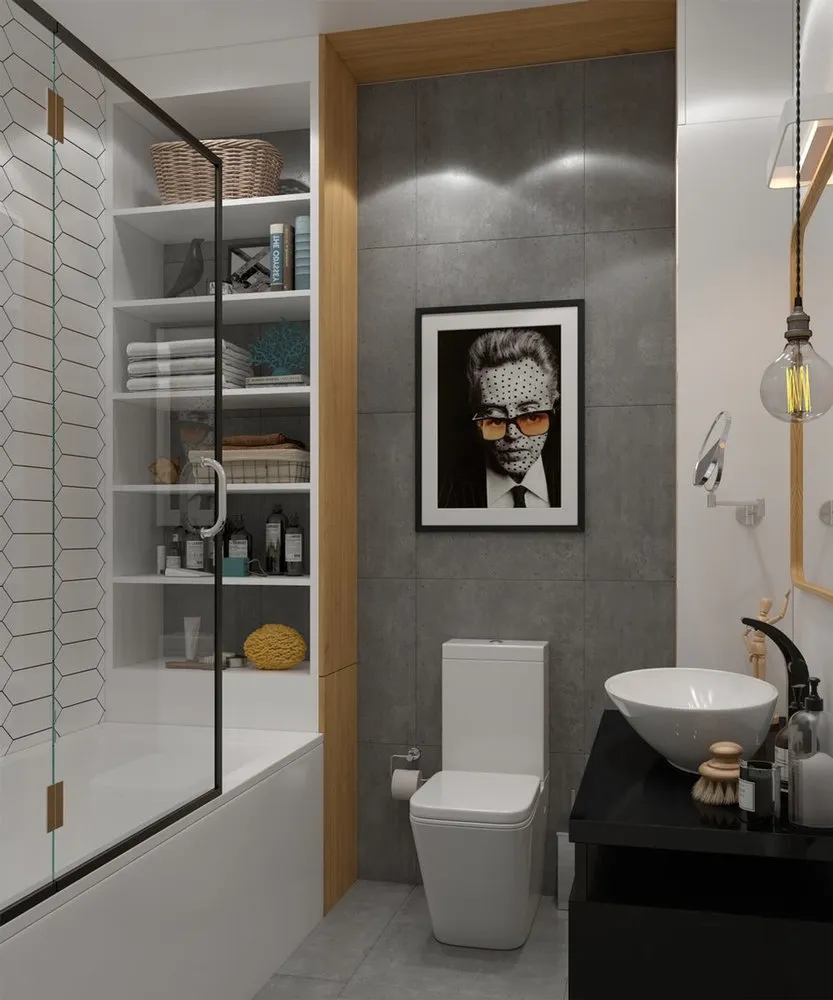
Design: Natalya Yanson.
Removing the Ventilation Duct
Ventilation is needed not only to eliminate excess moisture in the bathroom but also for air exchange throughout the apartment. Therefore, removing the ventilation duct can lead to serious problems. Another extreme is installing forced ventilation that turns on simultaneously with the light in the bathroom. The optimal solution is a humidity sensor, which will activate forced ventilation only when the air humidity level rises.
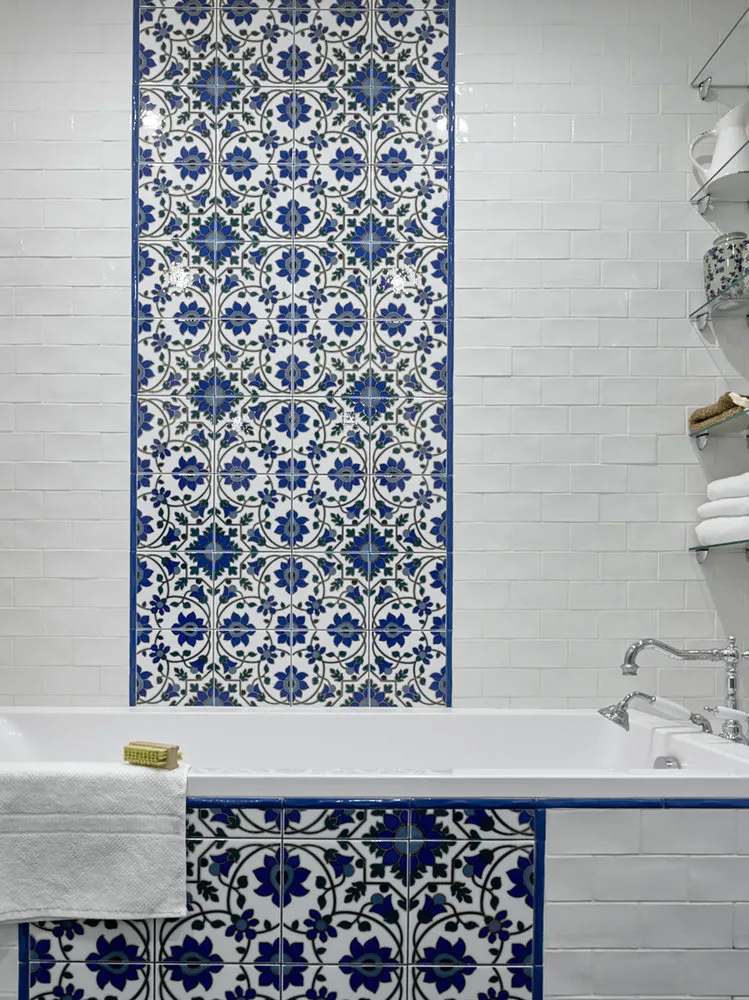
Design: Valeriya Belousova.
Cover Image: Design Project by Daria Elinochkina.
Need a renovation specialist?
Find verified professionals for any repair or construction job. Post your request and get offers from local experts.
You may also like
More articles:
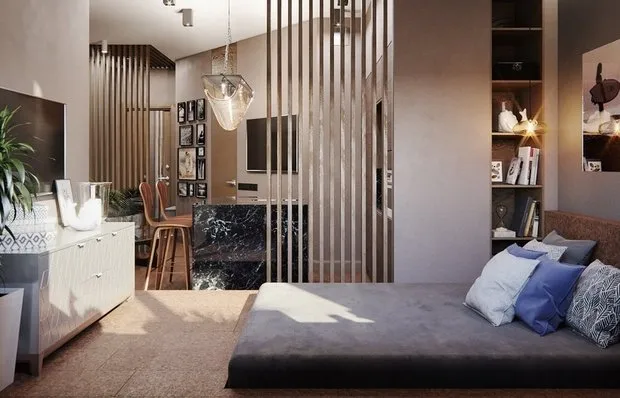 Behind Glass, Above the Bathroom, on the Kitchen: 6 Unusual Bedrooms
Behind Glass, Above the Bathroom, on the Kitchen: 6 Unusual Bedrooms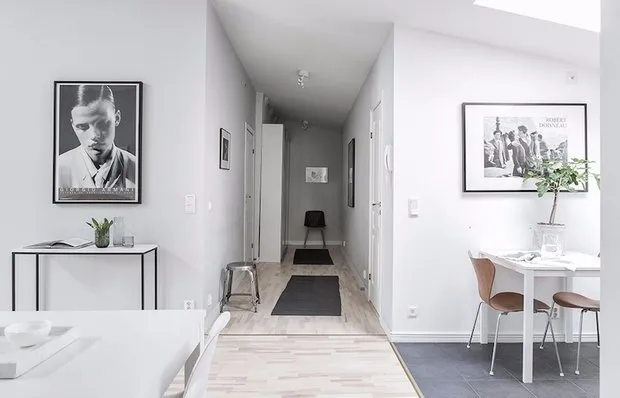 Checklist: How Safe Is Your Apartment
Checklist: How Safe Is Your Apartment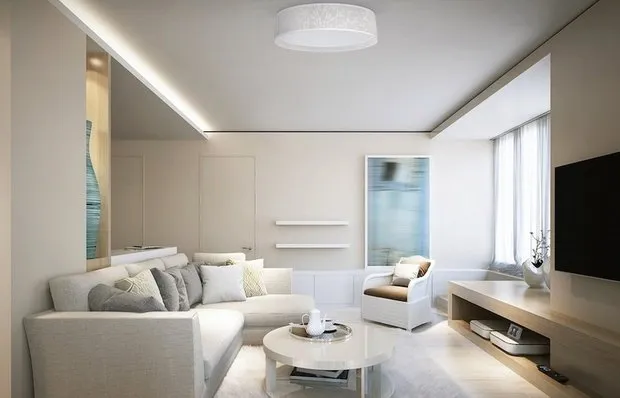 How to Properly Plan Lighting in an Apartment
How to Properly Plan Lighting in an Apartment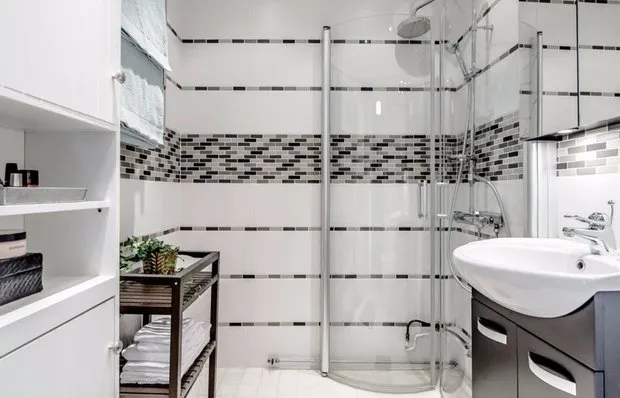 Hydroisolation of Bathroom: Step-by-Step Guide
Hydroisolation of Bathroom: Step-by-Step Guide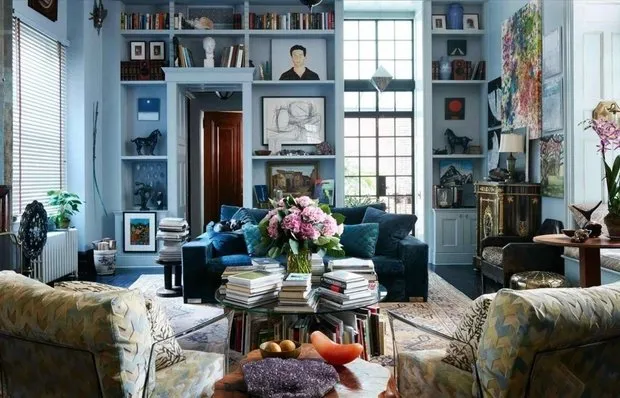 How to Install a Closet in a Niche: Pro Tips
How to Install a Closet in a Niche: Pro Tips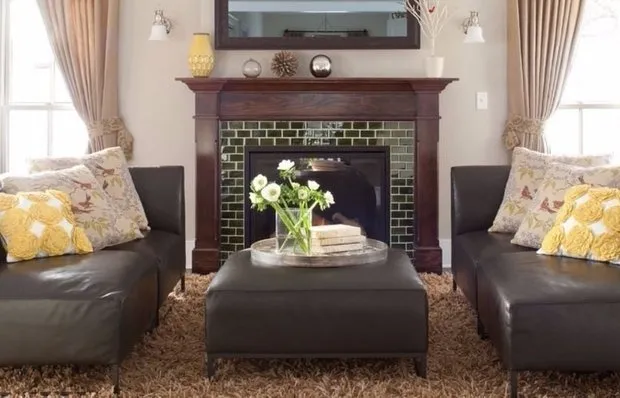 Carpet in Living Room and Other Rooms with Photos
Carpet in Living Room and Other Rooms with Photos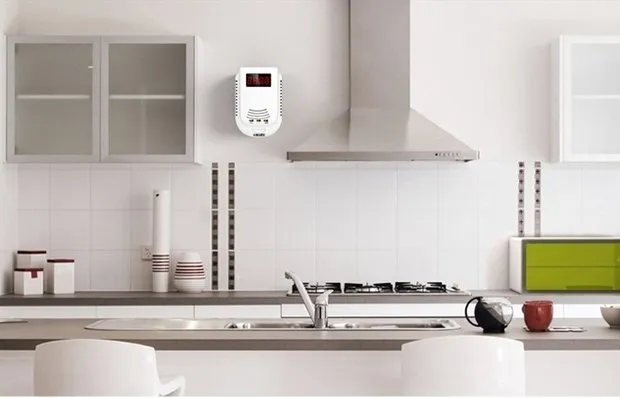 10 gadgets for home security
10 gadgets for home security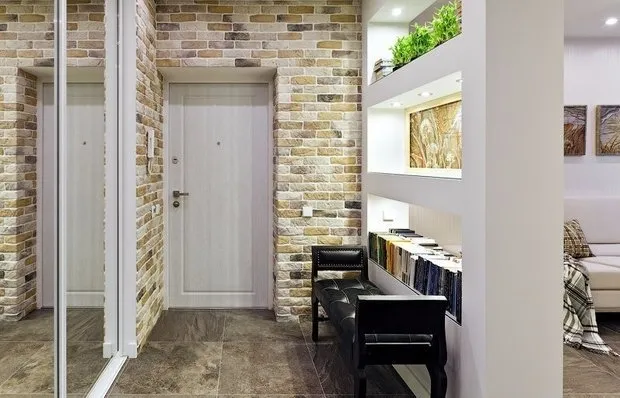 Interior Design of Small Apartments in Various Styles with Photos
Interior Design of Small Apartments in Various Styles with Photos